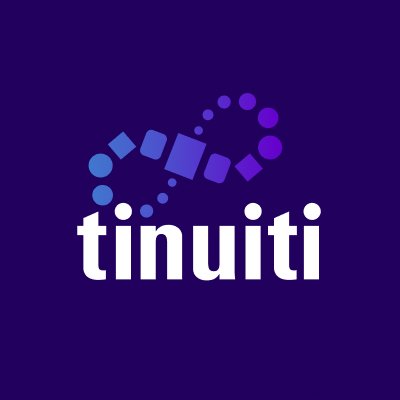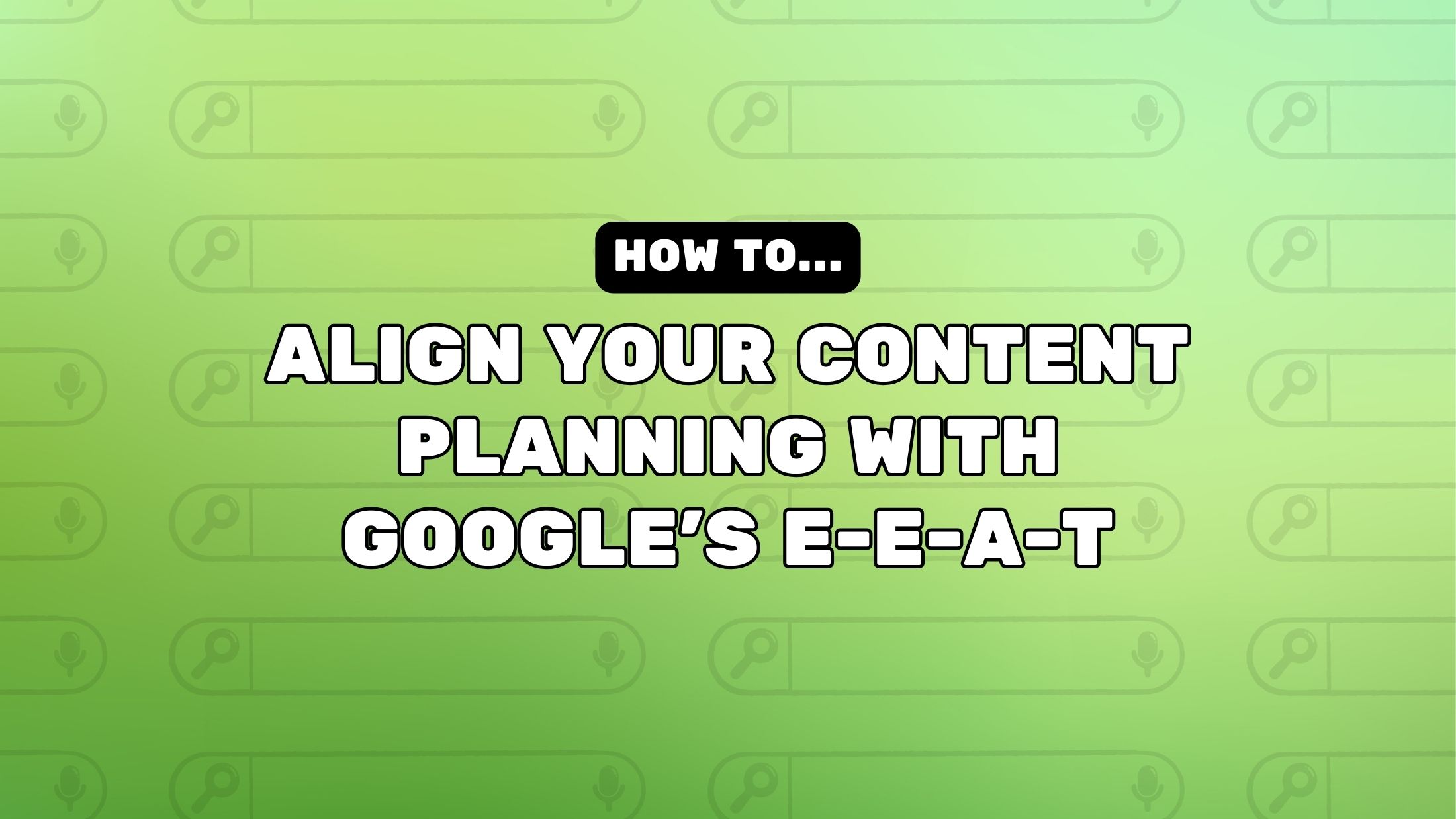Top 10 Basics Every C Programmer Should Know

C programming remains one of the most fundamental languages in computer science. Known for its speed, simplicity, and control over system resources, C forms the backbone of many modern programming languages and systems. Whether you're a student just starting or someone brushing up on the foundations, knowing the basics of C is essential for long-term success in software development.
Here are the top 10 basics every C programmer should know, especially if you're working on assignments, preparing for interviews, or building foundational programming knowledge.
1. Understanding the Structure of a C Program
Every C program follows a standard structure: preprocessor directives, functions, variable declarations, statements, and the main function. Knowing how to structure your code properly is crucial to avoid compilation errors and maintain readability. Mastering this structure will help you build logical, clean, and efficient programs from the ground up.
2. Data Types and Variables
C has several data types, including int, float, char, and double. Understanding how and when to use each data type allows you to manage memory efficiently and write accurate programs. Declare variables wisely and always choose the most appropriate data type based on the expected input or output.
If you're a student learning C, having a strong grasp on these fundamentals is essential for completing assignments efficiently. Sometimes, when dealing with tight deadlines or complex problems, getting C programming assignment help can make a significant difference in your learning curve and performance.
3. Operators in C
Operators form the building blocks of operations in any C program. These include arithmetic (+, -, *, /), relational (==, !=, <, >), logical (&&, ||, !), and bitwise operators. Understanding operator precedence and associativity ensures your expressions are evaluated correctly and yield the desired outcomes.
4. Control Flow: if, else, switch
Control flow statements like if, else, and switch enable decision-making in your programs. They help you build logic that responds differently based on varying inputs or conditions. Clear understanding of these concepts is necessary to write interactive, intelligent, and dynamic C programs.
In case you're finding it challenging to master these, you may consider services where students pay to do my assignment to get their concepts reinforced through expertly written solutions. These examples can guide you toward better clarity and practical understanding.
5. Loops: for, while, and do-while
Loops allow repetitive execution of code blocks and are a must-know for every C programmer. The for, while, and do-while loops each have specific use cases. Mastering these lets you iterate through data, manage counters, and perform repeated actions until a certain condition is met.
6. Functions and Modular Programming
Functions help in breaking your code into smaller, manageable chunks. A well-structured program in C is typically composed of multiple user-defined functions. Functions enhance reusability, readability, and debugging convenience. Learn to define, declare, and call functions properly with appropriate return types and parameters.
7. Arrays and Strings
Arrays allow you to store multiple values of the same type in a single variable. Strings in C are actually arrays of characters. Knowing how to work with arrays and manipulate strings is crucial in handling collections of data, such as lists of numbers or sequences of text.
8. Pointers and Memory Management
Pointers are one of the most powerful yet challenging features in C. They store memory addresses and enable dynamic memory allocation. Mastering pointers opens the door to advanced programming topics like linked lists, trees, and memory handling functions (malloc, calloc, free). Although intimidating at first, learning pointers can significantly elevate your programming skills.
9. File Handling in C
Being able to read from and write to files is important in many real-world applications. In C, you’ll use functions like fopen, fprintf, fscanf, fclose, etc., to handle file operations. Learning file I/O helps you create programs that store data externally or process data from existing documents.
10. Compiling and Debugging
Understanding the compilation process — from writing source code to executing the final program — is vital. Learn how to use compilers like GCC, how to interpret error messages, and how to debug using tools like GDB. Developing a habit of debugging systematically will save you countless hours in your programming journey.
Final Thoughts
C programming is a gateway to understanding how software interacts with hardware. It teaches you to think like a programmer by emphasizing precision, logic, and resource management. While these ten basics will help you build a strong foundation, practice and hands-on experience are key to mastering C.
Whether you're learning C for your coursework or planning to build low-level applications, make sure to focus on understanding each concept thoroughly. And when the workload becomes too heavy or time runs short, don’t hesitate to seek expert-written solutions that help clarify your doubts and improve your work quality.
Would you like to explore advanced topics or more assignment-focused strategies in C programming? Let us know!
















































































































































![Building A Digital PR Strategy: 10 Essential Steps for Beginners [With Examples]](https://buzzsumo.com/wp-content/uploads/2023/09/Building-A-Digital-PR-Strategy-10-Essential-Steps-for-Beginners-With-Examples-bblog-masthead.jpg)





